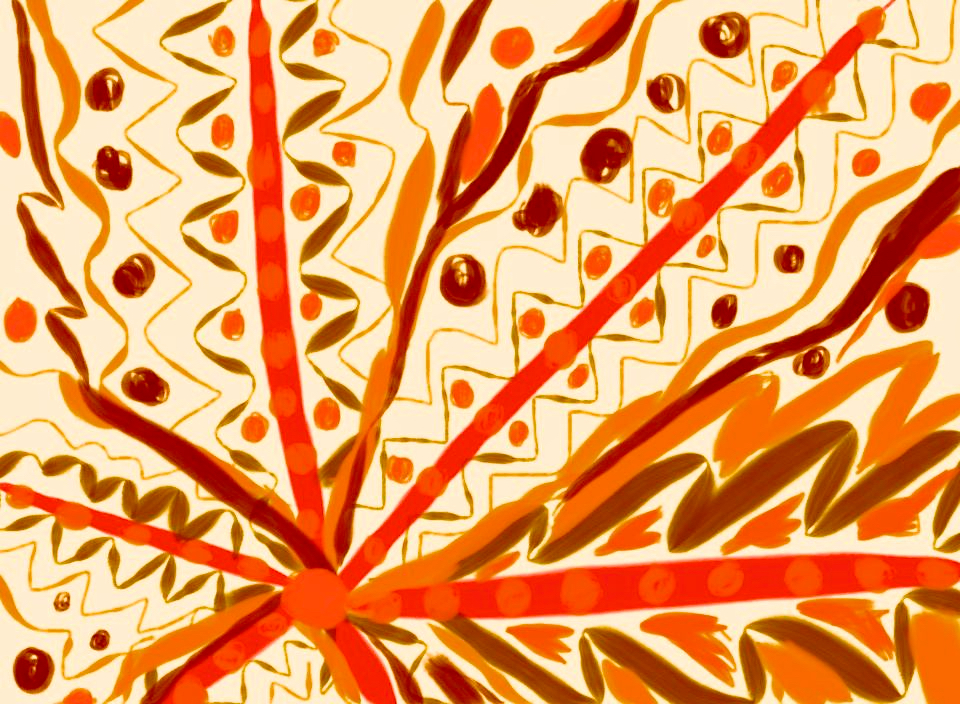
Last night I dreamt of … Bear with me, please. I know, reading about someone’s dreams is as exciting as watching your computer progressing through system updates—even well-written ones.
I guess it has to do with their purely fictional character. We know they’re made up. Fiction pretends to be real, and we call it out when it’s not working. We’re willing to listen to the tale that is disguised as true, but not to the dream we know is not.
Dreams are second hand, involuntary fiction.
So, I had a dream. I won’t bother you with the details. But being through a scary experience (being lost in a city I didn’t know, walking very determined to nowhere), I did what all writers do: wrote about it in the dream. I had, apparently, decided that I could at least get a story out of that scare. Never let a good crisis go to waste, and all that.
And when I woke up, I wrote about the dream. As any writer would do.
Related Posts
- Just Do It!
- The Perpetual Tide and Ebb of the Creative Process
- How To Handle Creative Blocks & Avoid Distraction
If you liked this post, share it on your preferred social network or forward it to a friend.





